

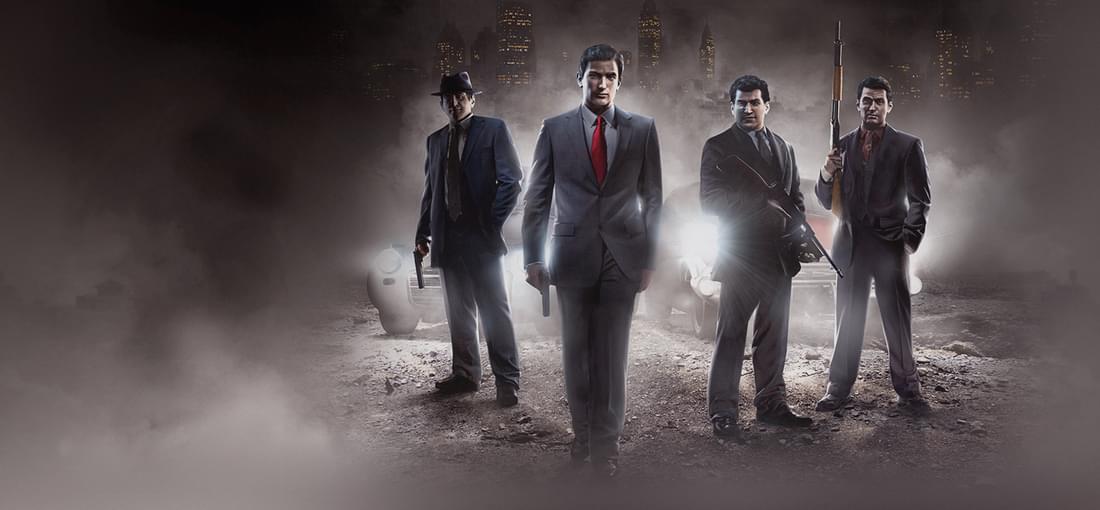
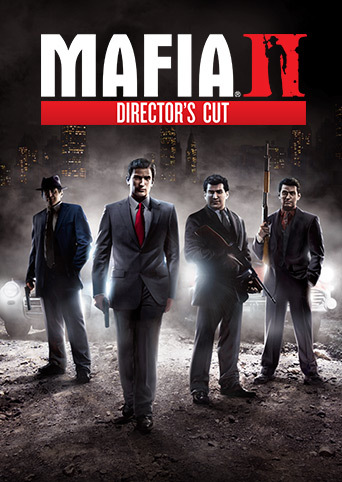
Mafia II released in 2012, despite being a remaster rather than a reimagining, encapsulates the essence of the original game while introducing subtle enhancements. The moody atmosphere of Empire Bay is recreated faithfully, transporting players back to the allure and peril of mid-century America. The revamped graphics breathe new life into the cityscape, casting shadows that mirror the moral ambiguities of protagonist Vito Scaletta's journey. However, certain aspects remain unchanged—linear mission design, lackluster combat mechanics, and rudimentary cover system still weigh down the experience. Nevertheless, it's the artistry of storytelling, combined with an immaculate soundtrack and voice acting, that truly elevates Mafia II above its technical limitations, making it an enduring classic worth experiencing again.
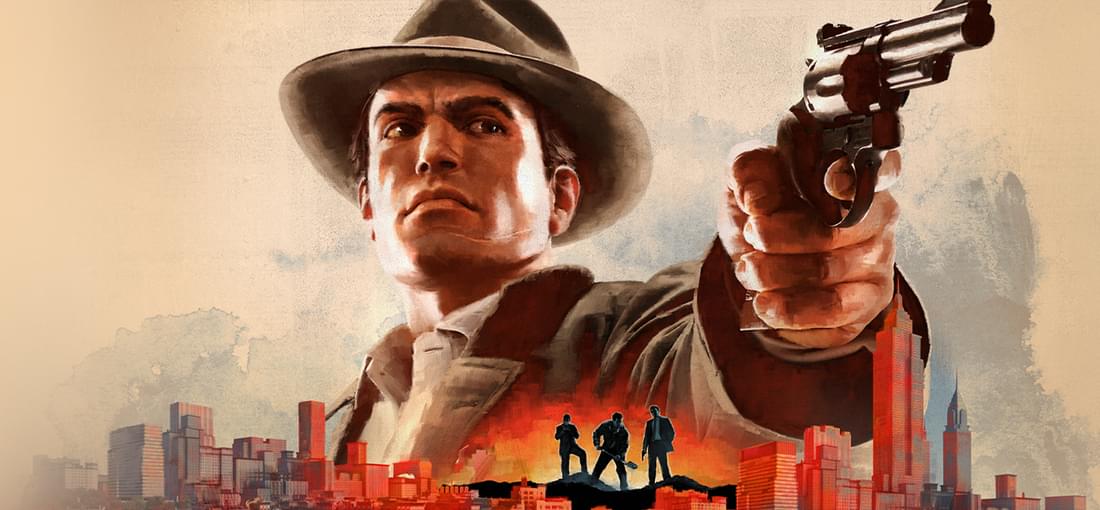
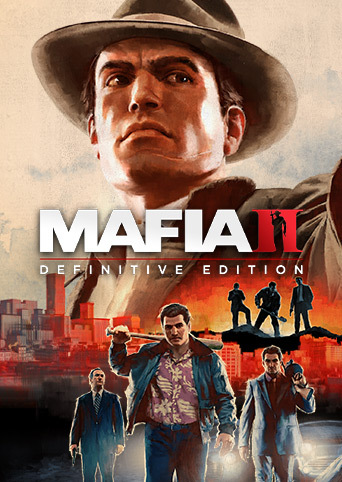
Mafia II Definitive Edition immerses players in the glamorous yet sinister world of organized crime during the post-war era, capturing the essence of 1940s and 1950s America with remarkable fidelity. From its hauntingly beautiful visuals to its enthralling soundtrack, the game enchants with its period-accurate attention to detail. Vito Scaletta's rise through the criminal ranks is narrated with cinematic flair, elevating the experience beyond mere gunplay. However, beneath this glossy exterior lie some structural issues—the limited replay value, simplistic stealth mechanics, and occasionally clumsy driving controls undermine the overall polish. Still, the sheer immersion provided by the atmosphere and story make it easy to overlook these shortcomings, leaving behind an indelible impression of nostalgia and grandeur.
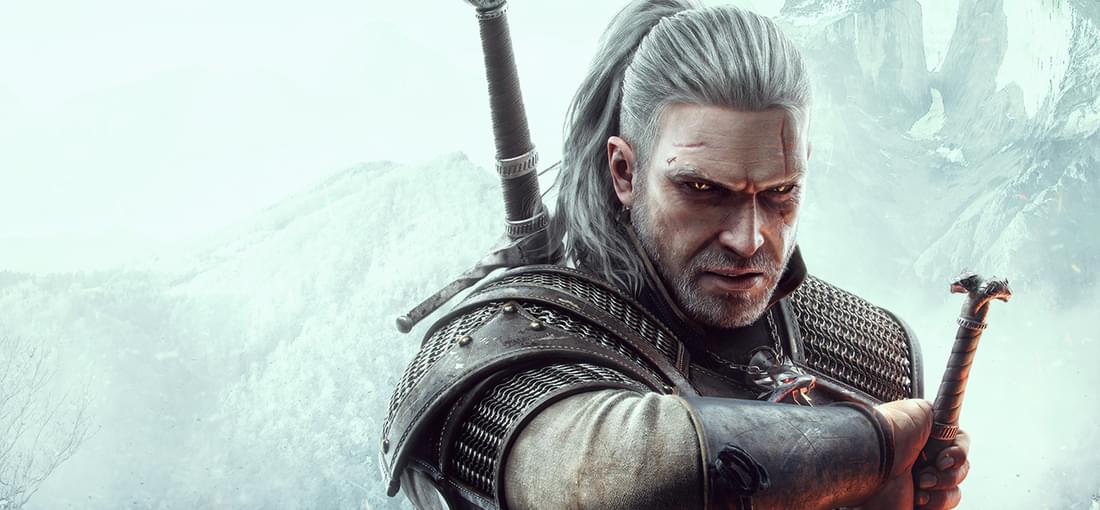
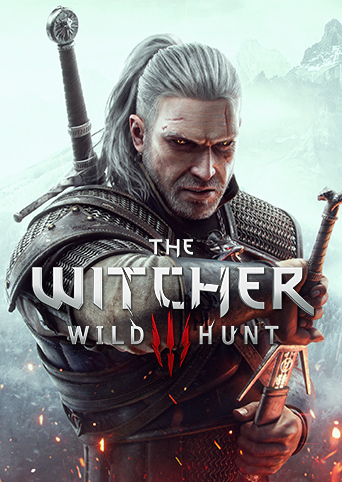
The Witcher 3: Wild Hunt stands as a monumental achievement in gaming, crafting a vast and breathtaking fantasy realm teeming with intricate lore, memorable characters, and morally complex choices. Its engrossing storyline intertwines Geralt's personal quest with broader geopolitical struggles, delivering an emotionally resonant narrative that lingers long after completion. Visually, the game excels with its meticulously rendered landscapes, evoking a palpable sense of wonder and danger at every turn. Yet, amidst such brilliance lies the occasional blemish—minor bugs, uneven pacing, and some repetitive sidequest structures mar what would otherwise be flawless perfection. Nonetheless, The Witcher 3 triumphantly transcends these minor imperfections, cementing itself as one of the greatest RPG experiences ever created.
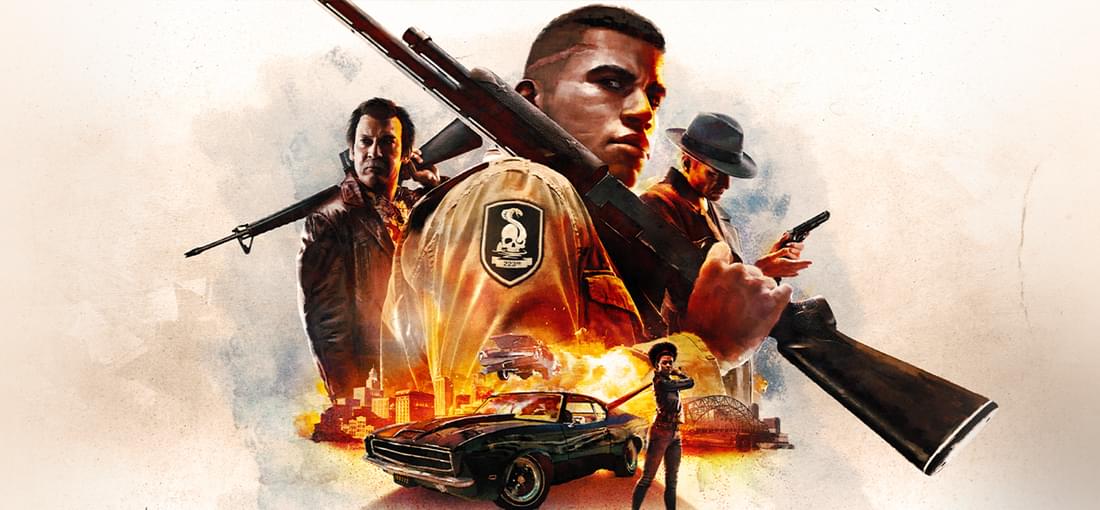
Mafia III is a captivating journey into the seedy underbelly of New Bordeaux in the late '60s, where its atmospheric storytelling and immersive soundtrack evoke an era of gritty crime drama with stunning precision. The game's narrative arc unfolds through Lincoln Clay’s quest for vengeance against those who betrayed him, offering players a compelling tale laced with moral ambiguity and hard-hitting emotional resonance. However, beneath this artistic veneer lie technical shortcomings—clunky combat mechanics, inconsistent AI behavior, and occasional graphical glitches that detract from the otherwise mesmerizing experience. Despite these flaws, Mafia III remains a masterpiece of cinematic storytelling, blending a richly detailed open-world environment with unforgettable characters to create an unparalleled sense of place and time.